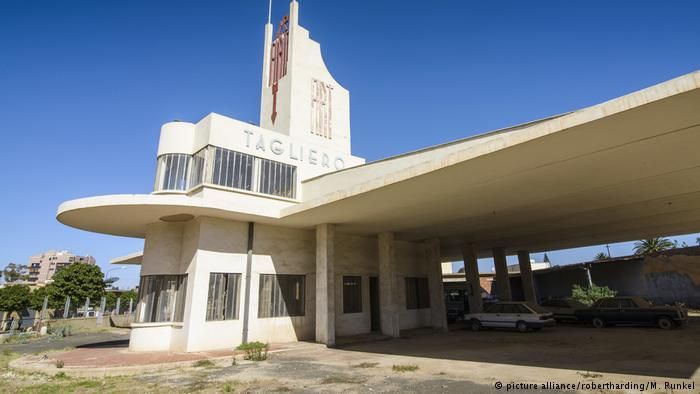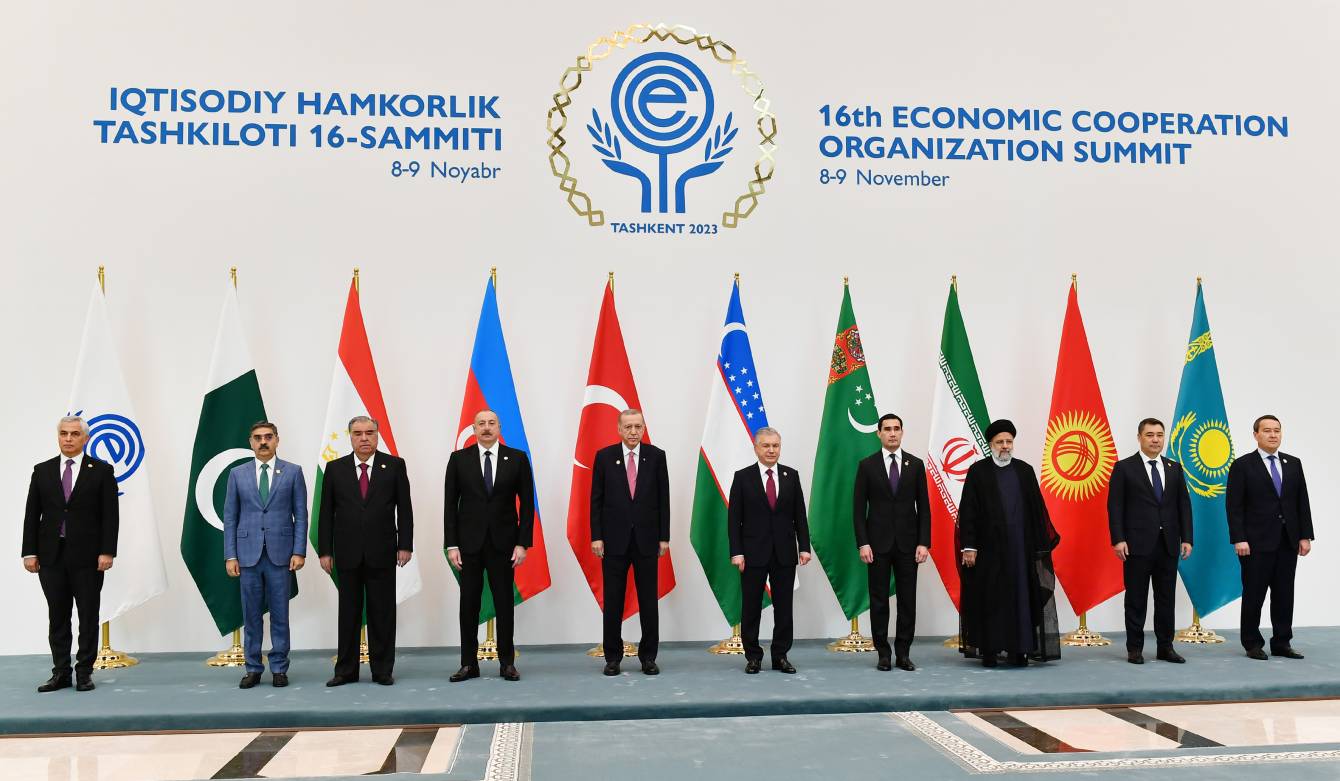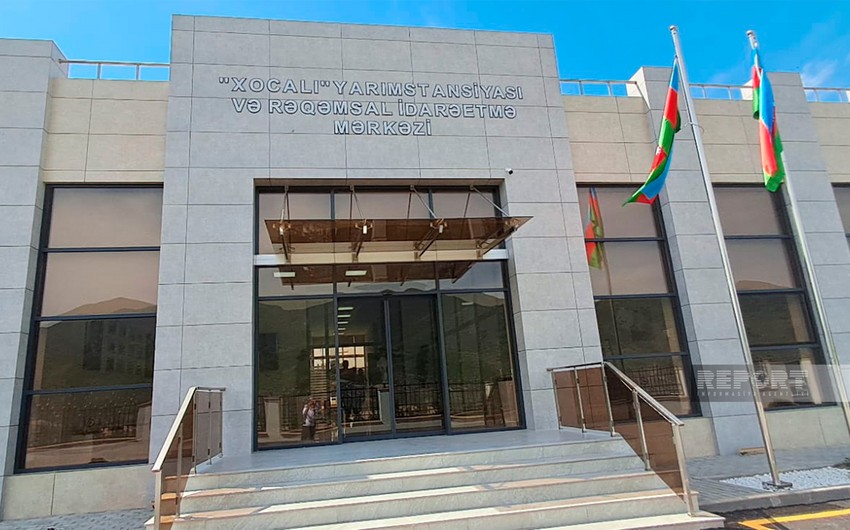Much of Asmara's distinctive art deco architecture was created during the era of Italian fascism under Benito Mussolini. Eritrea, then a part of Ethiopia, has now been designated as a World Heritage site.
The capital of Eritrea has been named a World Heritage site by the United Nations' cultural body, UNESCO.
The designation ends a lengthy effort by Eritrean officials to have the city of Asmara, with its unique architecture, receive global distinction.
"The city's recognition as a heritage site of outstanding universal value fills us with tremendous pride and joy, but also with a profound sense of responsibility and duty," said Hanna Simon, Eritrea's permanent delegate to UNESCO.
#Asmara #architektonische#erbe eingeschrieben an seinem rechtschaffenen Platz @UNESCO # Welterbe-Auflistung# 41WHC #Eritrea pic.twitter.com/8jg0LW0bbt
— Saul Bahta (@eritreaui) 8 July 2017
It is a "victory not just for the Eritrean people but for Africa and the world at large," she added.
The decision was made Saturday at a meeting of the World Heritage Committee in the Polish city of Krakow.
The committee appreciated the outstanding value of Asmara's 19th and early 20th century modernist architecture designed by colonial-era Italian architects and immersed in an African highland environment.
That distinctive, futuristic architecture includes an art deco bowling alley with colored glass windows and a gas station that resembles an airplane (pictured on top). Both date back to the city's time as part of colonial Italy during the reign of fascist dictator Benito Mussolini from 1936 to 1941.

Piccola Roma
It was the designs of architects that were rejected in conservative European cities that found a place in Asmara at a time when approximately half of the city's population was Italian. Indeed, back then Asmara was dubbed 'Piccola Roma,' or 'Little Rome.'
The modernist architecture of other Eritrean cities was destroyed during a decades-long war of independence from Ethiopia. But Asmara survived and was declared a national monument by the government in 2001.
However, efforts to restore the marble facades and Roman-style pillars of the city's theaters and cinemas have been limited by a chronic shortage of funding and local expertise, according to city authorities.
The poverty-stricken country in the Horn of Africa is more known for a litany of social, political and economic ills.
Eritrea's government has faced widespread criticism over what a UN commission of inquiry has called numerous abuses including enslavement, rape and torture.
Eritrea is also a major source of migration into Europe.
#Asmara "..putting Africans at the center of world heritage while embodying colonial & postcolonial #African life."https://t.co/bfkiVyO5jB pic.twitter.com/VQFrOWE7Ju
— Seble Ephrem (@SebleEphrem) 8 July 2017










